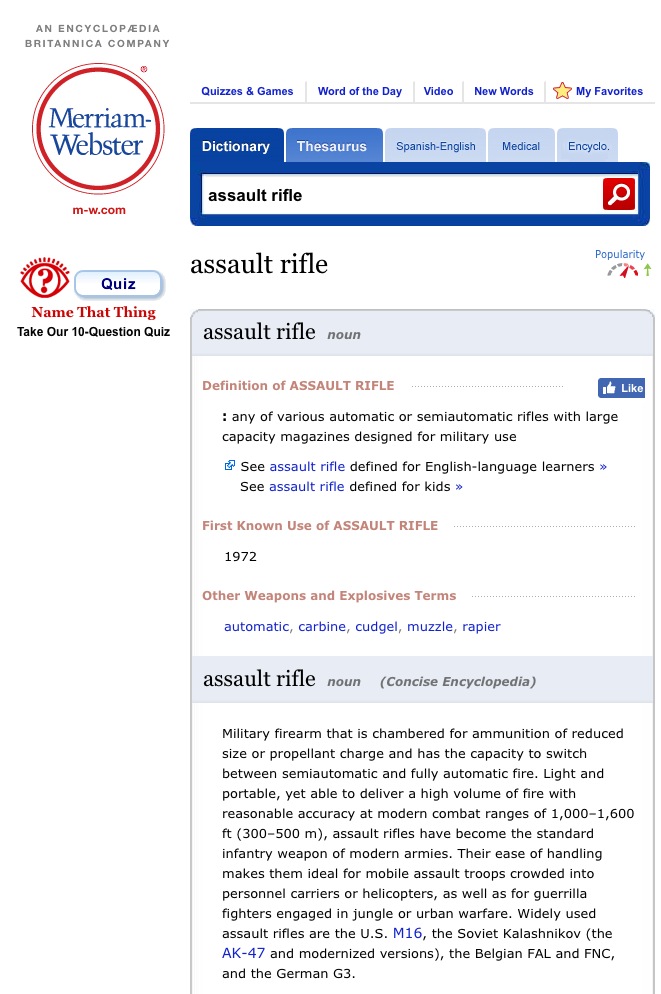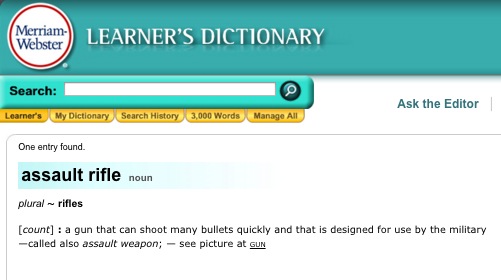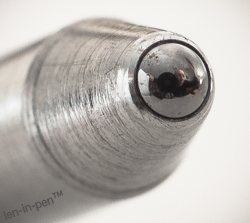[This piece is unfinished, a work-in-progress, posted today for reasons that will become obvious upon reading. Please make a note to return at a future date to check its progress.]
It’s Valentine’s Day, February 14th, a day usually associated with roses, over-sized and over-priced tasteless chocolate-covered strawberries, pajama- or bear-grams, frantic attempts to get a last-minute dinner reservation, and amore for those who played the game successfully. I pity the fool who forgot it, especially since it is easily remembered as the day after Galentine’s Day.
It was on this date in 1929 that members of Al Capone’s gang lined 7 members of the “Bugs” Moran gang up against a wall in a garage at 2122 North Clark Street in Chicago and opened fire with Thompson sub-machine guns—the so-called Saint Valentine’s Day massacre.
Today is also the anniversary of the mass shooting at the Marjory Stoneman Douglas High School in Parkland, FL. in 2018, which I will refer to simply as the Parkland shootings or just Parkland. This post is an indirect result of that event and what has followed, but not specifically about it, although that was my original intention when I began drafting it in May of last year. I intended to write about the lack of parental intelligence, sense, and control to prevent their children from being astroturfed as the faces of ready-made organized political agendas that were just waiting for the right triggering mechanism to occur in order to use them as poster children by a thoughtless insatiable sensationalist media and their audience; and of course, politicians, who used them up and spat them out for their purposes.
It sat for many months as I continued monitoring what was being written about the shootings and the related social and political side issues. I realized the public narratives became a microcosm of the hows and whys of our nasty state of social and political discourse. My intention changed to addressing a larger concern about how reporting and commentary about Parkland, or almost any other subject in the public domain with political overtones (what doesn’t!), has become symptomatic of a much larger pernicious and destructive paradigm.
Like many others, I have observed a war of words, a war over words, a weaponizing of words. I see patterns and connections of deliberate destructive forces that continue to assault, infiltrate, undermine and corrupt the bedrock and foundations of institutions that form and mediate the functions of our educational system at all levels, that are tearing asunder our social and political fabric and culture, becoming the major contributing factor to the growing social and political divisions in our society.
I will use this day to remember another massacre that began anew as a result of the Parkland massacre: another politicized assault on the language, this time based on weaponizing words for weapons. I will use it as an example of a much larger problem with language that permeates every aspect of life, particularly politics, governance and social interactions either personal or virtual.
Parkland will be remembered today in news broadcast. There may be panel discussions about what has and hasn’t been done in the wake the shootings. It is likely things will be written and said by award-winning celebrated celebrity journalist and talking heads in stern lectures using familiar words and phrases in somber tones suggesting a projection of absolute truth with a practiced deliberate and urgent air of authority that will validate the political bias of their particular media outlet and their equally biased audience.
The Parkland shootings brought the issue of gun control to a new political zenith. Reporting and commentary before and after Parkland had much to say about guns, specifically about certain kinds of guns, that became a catalyst for an ongoing war to weaponize the words for certain weapons. The issue of gun control will likely come to the forefront of politicized discourse once again, raising the same points, but it is possible there will be some attempt to reframe and manipulate the narrative from some new perspective. In order to accomplish that, there must be an attempt to change the narrative by changing the language of the narrative. Words will be distorted, meanings changed to fit the new narrative. Words will become weaponized memes as the war on the lexicon continues. Watch for it.
Here’s an example:
We begin with this archived page from the Merriam-Webster online dictionary, self-proclaimed as “America’s most trusted online dictionary for English word definitions, meanings, and pronunciation,” captured Jan. 29, 2013:

If you followed the link for “English language learners” or the link for kids, you would have seen

Notice the detailed encyclopedic entry is about 90 words, not including the last sentence giving examples. The dictionary definition is 15. First use is said to have been in 1972, with no cited example.
(continued on pg 2)
